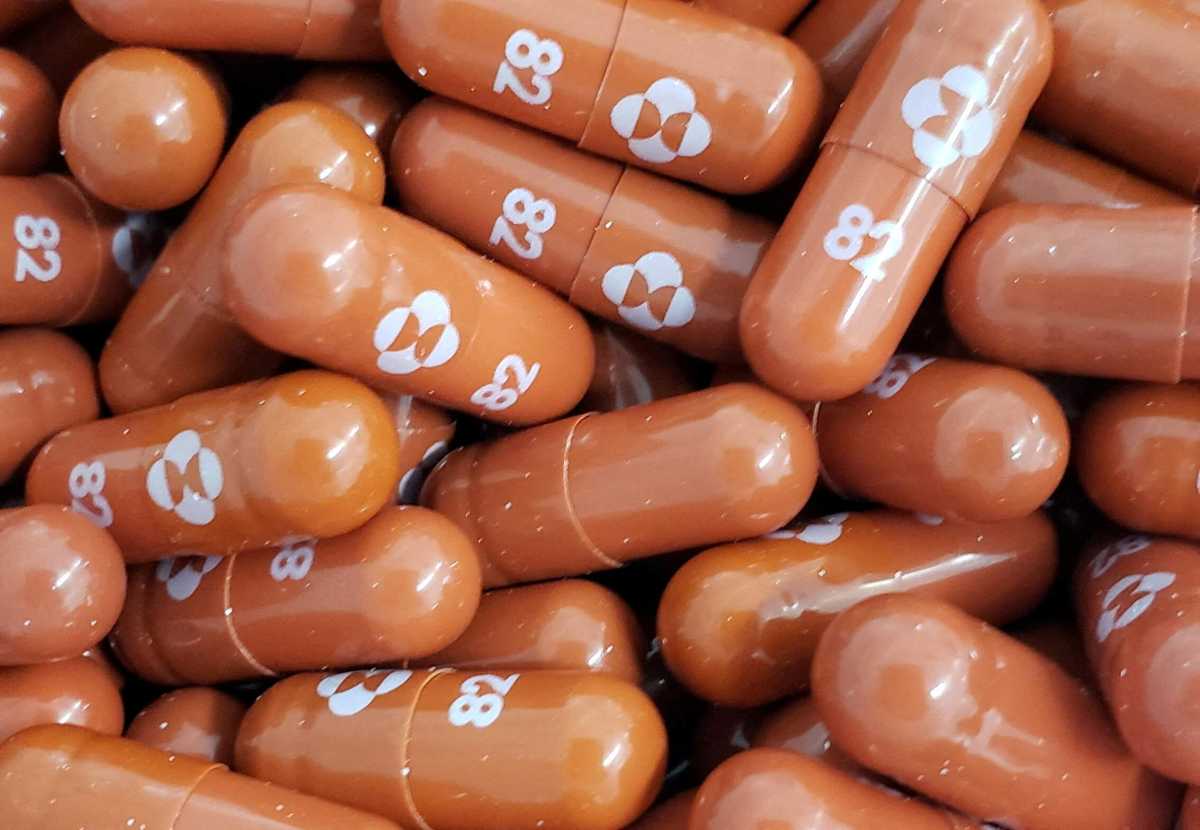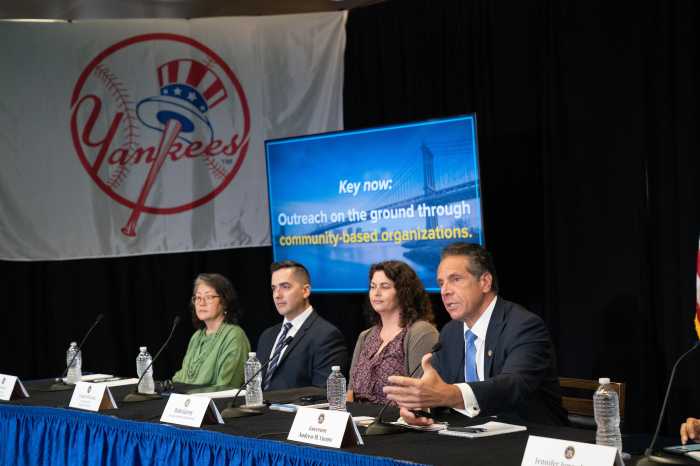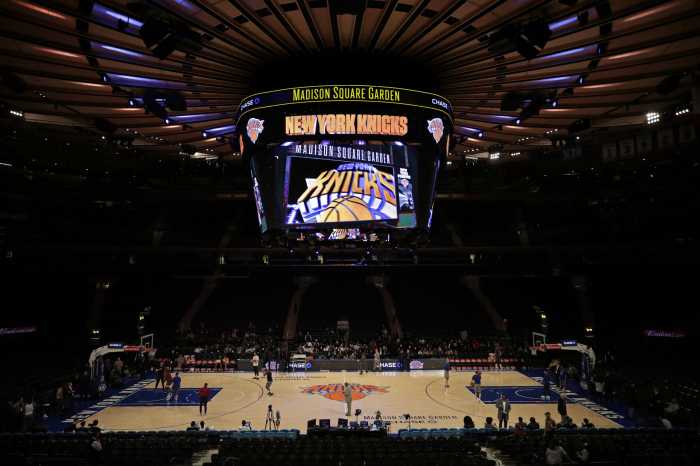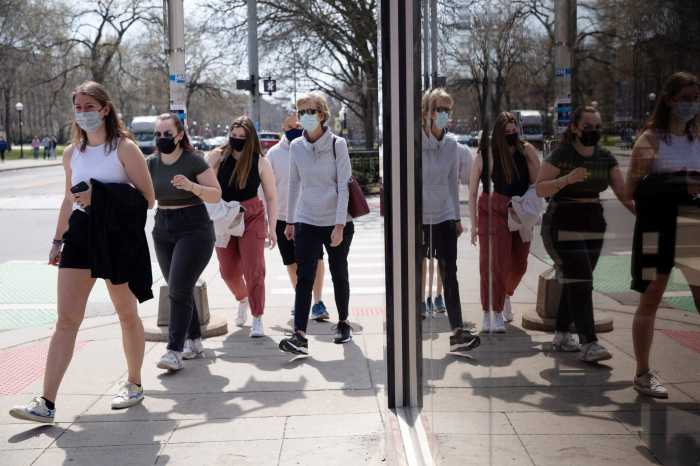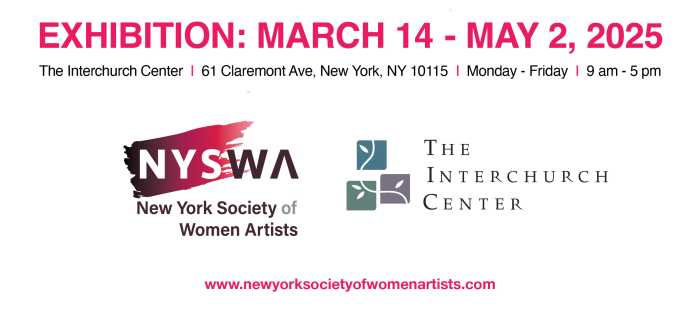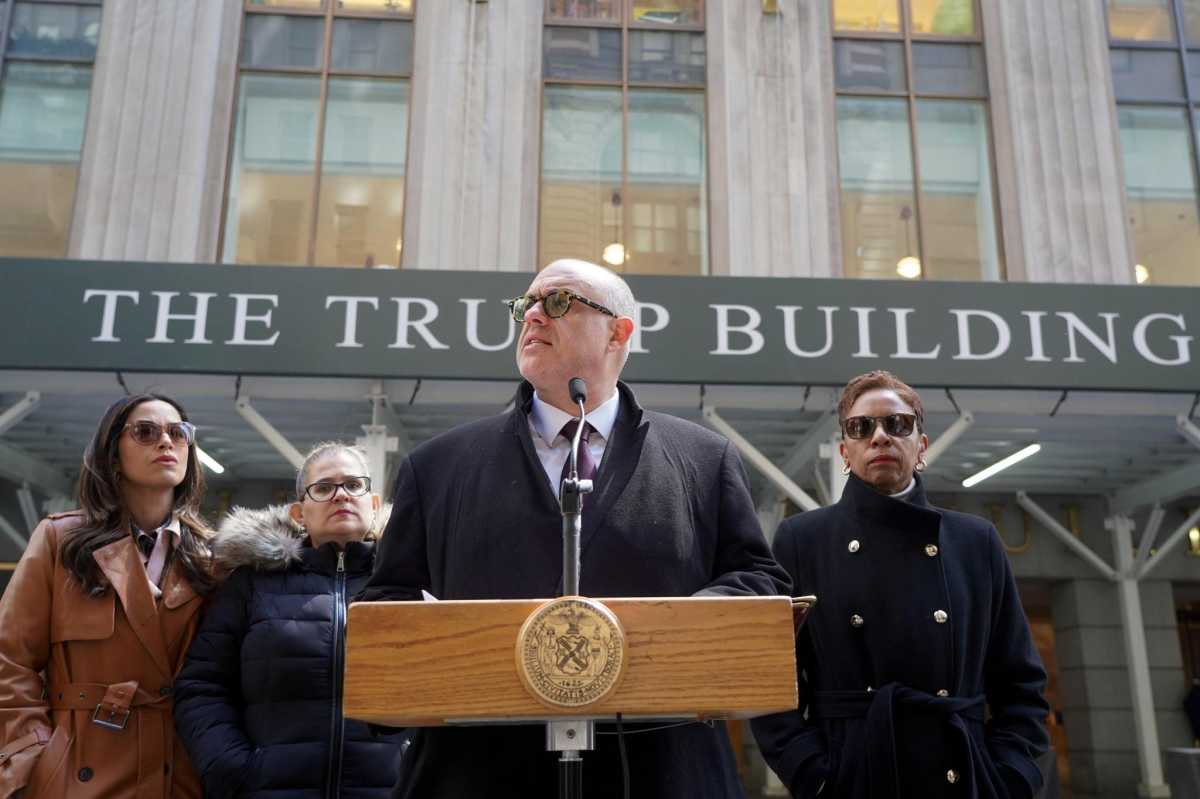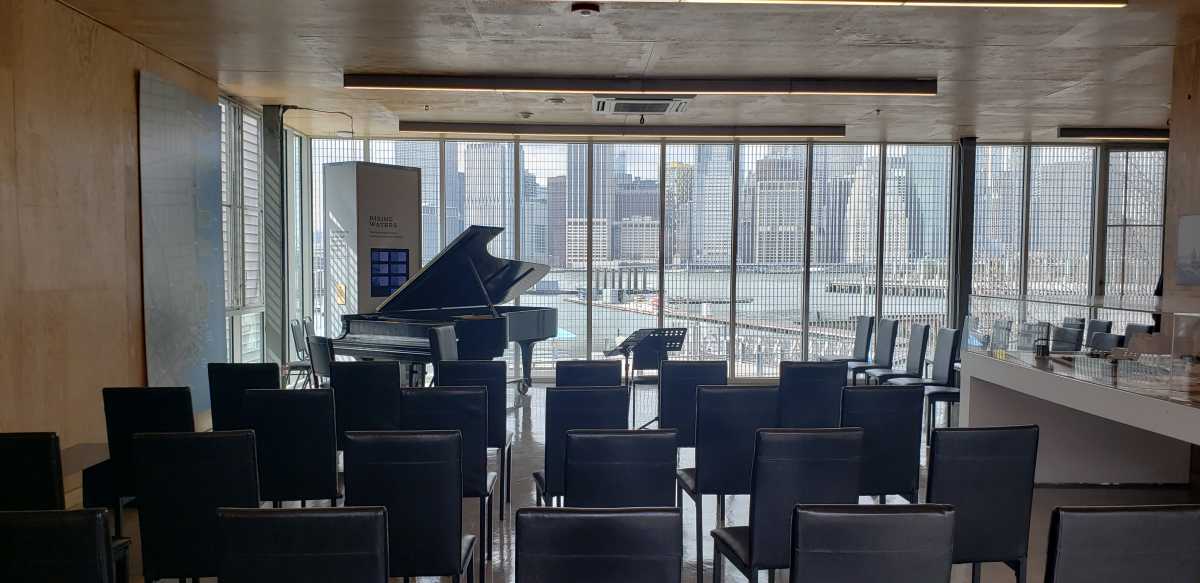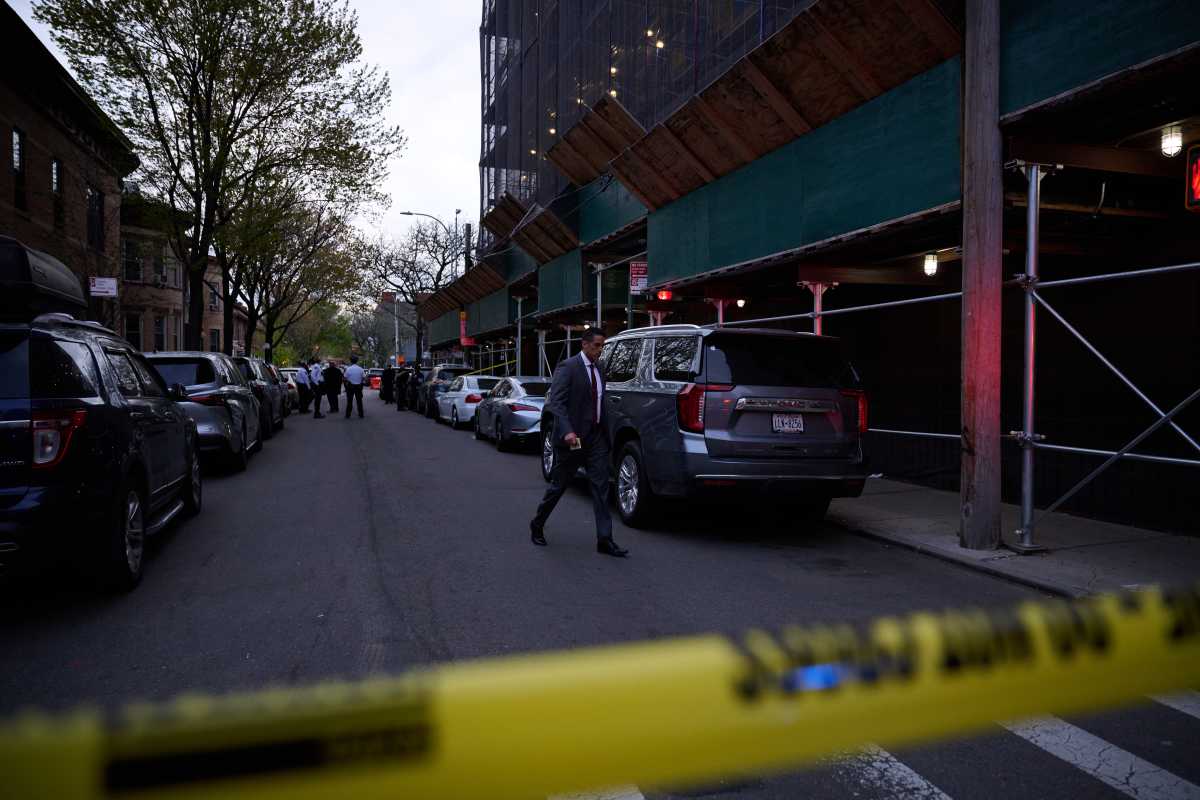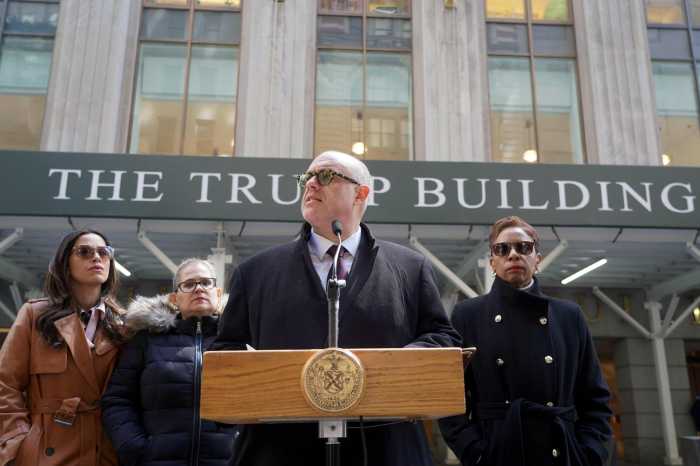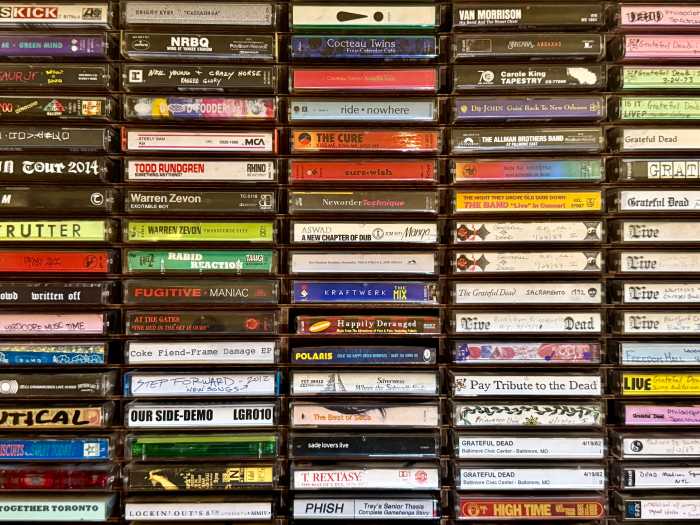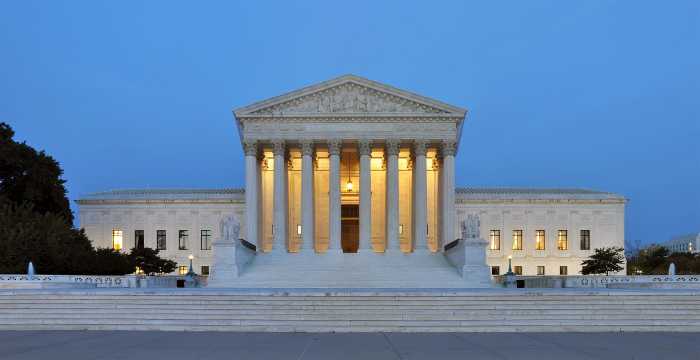New York City residents can get free same-day delivery of COVID-19 antiviral pills if they are eligible for the treatment option, Mayor Eric Adams announced Sunday.
The prescription pills are still in very short supply, so the city will give priority to people at risk of severe illness from the virus, including the immunocompromised and those over 65-years-old.
“We want to make sure that no one with COVID has to move throughout the city, especially for those who have immune compromised or our elderly. We want to bring it to you and we want you to take advantage of this,” Adams said during a press conference at Jacobi Medical Center in the Bronx on Jan. 30.
The two brands of pills authorized by the U.S. Food and Drug Administration late December, Paxlovid and molnupiravir, can help reduce severe symptoms for people who test positive for the virus.
They are most effective if taken soon after symptoms start and are another way of preventing hospitalization and death in addition to other treatments like monoclonal antibodies.
The medications require a prescription from a doctor and are currently distributed exclusively in the city by Alto Pharmacy until the federal government can stock up greater supply, according to City Hall.
Hizzoner also announced that the city had reached a 75% rate of full vaccination against COVID-19, including 86% for adults and 76% for adolescents aged 13-17. That’s more than 11 points above the national average of 63.7%, according to the Centers for Disease Control and Prevention.
Children between 5-7-years-old still lag behind at just 36% for both doses, according to the city’s Health Commissioner Dave Chokshi.
“We do have more work to do, especially in getting our youngest vaccinated,” Chokshi said. “I urge all parents to extend the protection of vaccination to your kids, and to consult with your pediatrician on any lingering questions.”
The figures do not include the rates New Yorkers have received their booster shots.
Chokshi said that about 2.7 million extra doses had been administered so far, but the agency has not added any rates of those extra shots to its COVID data website yet, because officials want to better break it down whether vulnerable groups like those over 65-years-old are getting them.
“We want to be able to track not just in terms of who is getting the booster dose, what proportion, but particularly for the subgroups where booster doses are most important,” the city’s doctor said. “That is data that we’re working on compiling and will be put on our website along with everything else once that data is sufficiently valid.”
Mayor Adams and health leaders celebrated a rapidly declining positivity rate for the virus, which has nearly halved over the past week to 9%.
At the same time, millions of at-home tests have gone out to New Yorkers in recent weeks, raising questions as to whether the drop off in positive cases is linked to less people getting checked at testing sites and thus not reporting their results to the authorities.
Health officials said that the more than 100,000 daily PCR and antigen tests the city and private companies report still allows them to keep sufficient track of the virus’s spread.
“I can reassure everyone that we are still doing a very high number of PCR and laboratory reported antigen tests as well, and so that allows us to keep a bead on the trajectory of the pandemic,” according to Chokshi.
Other states and even some parts in New York, such as upstate Tompkins and Warren counties, have launched online portals for people to self-report at-home test results.
When asked about a similar reporting option in the Five Boroughs, the director of the city’s Test and Trace Corps Ted Long reiterated that officials don’t need any more data right now, adding that he is focusing efforts on connecting those who test positive to any resources they need.
“If we’re looking to gather more information if we need to, if we don’t do 100,000 tests today or something like that in the future, we always maintain the capability to do that,” said Long. “We’re thinking about this more about meeting people where they are because our surveillance system is so strong.”
The statewide Department of Health also does not keep track of the self-test results, according to agency spokesperson Erin Silk.
New Yorkers who want to get antiviral COVID pills require a prescription through their doctors, or they can call 212-COVID19 to get connected to care and discuss treatment options.



